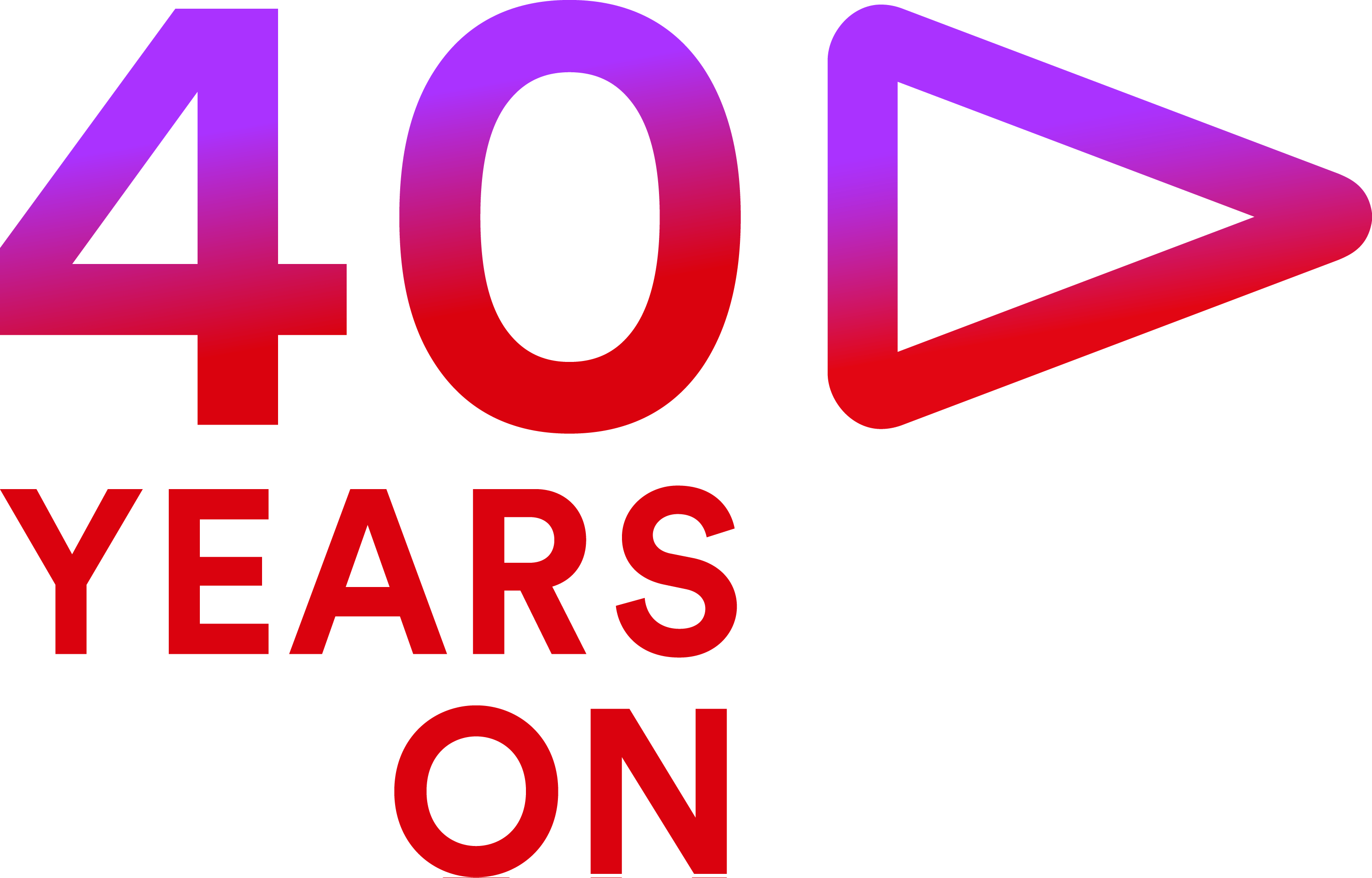Market regulation and media regulation on digitalized markets are inextricably intertwined due to extensive legislation such as the Digital Services Act, the Digital Markets Act, the ePrivacy Directive or the European Media Freedom Act. European policy in areas such as free competition, data protection, consumer protection and networks are now more relevant than ever to commercial media operators and their business models, alongside media-specific regulation.
Commercial media play an important part on digital markets, which these days are increasingly networked, often on a global scale. This is both an opportunity and a challenge for media variety and the diversity of opinion. Commercial broadcasters now find themselves reaching their fragmented audiences via platforms and intermediaries such as social media, search engines and app stores – while they’re also at the mercy of their business policies.
The stage is often set by the implementation of EU directives and other pertinent regulations. At a European level, too, a level playing field is essential for fair competition, especially given the appetite of global big tech platforms for acquisitions and monopolies.
A diverse, competitive media landscape in Europe needs a flexible regulatory environment.
The current situation regarding media law varies from one EU country to the next. Only in a few other member states are the access of commercial audio and audiovisual companies to the media market as well as the supervision of journalistic practice and editorial content already as highly regulated as in Germany. Any harmonization of European rules carries the risk of not just double regulation and feedback effects but also unclear boundaries of responsibility between the individual levels for Germany’s media sector. This issue is further complicated by Germany’s constitution, for under its federal system, the Länder (federal regions) are in charge of the media. A competitive media landscape in Europe – whose value lies above all in its diversity and regionality – needs a flexible regulatory environment.
In addition to media-specific EU regulations such as the Audiovisual Media Services Directive (AVMSD), cross-sectoral rules in areas such as data protection law and platform regulation may also affect the refinancing of content. Coherence at all levels is therefore crucial – not just among the various political initiatives, which must always take media policy concerns into account, but also given the way in which regional, national and European levels are intertwined.
Working closely with European media associations, VAUNET campaigns at the European level for the regulation of digital markets in a manner which is fair and also embraces innovation. At the same time, the member states must still retain sufficient scope in the implementation of European regulatory projects so that the diverse national and regional characteristics of Europe’s media market are adequately reflected.
To this end, VAUNET highlights the concerns of the commercial media sector by means of individual projects not necessarily specific to one sector or another. It advocates a holistic approach in which each legislative and regulatory project undergoes a media impact assessment. This will require the even closer coordination of the media and digital policy agendas of the EU, the federal government, and regional government in Germany.








